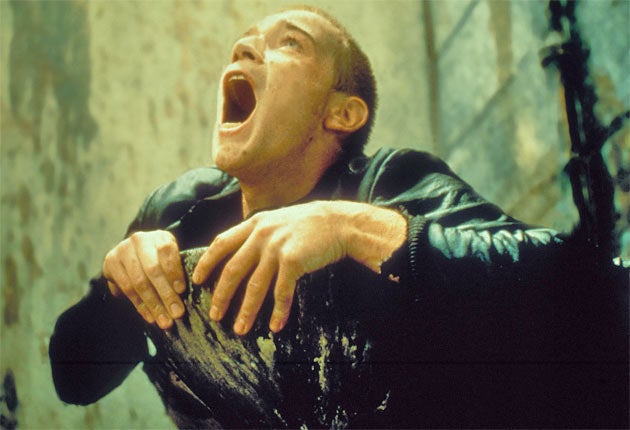Channel 4 courts controversy in broadcast of Class A drug use

A new television series is to broadcast volunteers taking Class A drugs live on air. The Channel 4 programme, called Drugs Live, will show participants taking drugs such as ecstasy under clinical conditions, so viewers are able to see how they affect the body.
The four-part series will "bring much needed clarity to a social issue often mired in controversy or confusion", said Jay Hunt, Channel 4's chief creative officer, adding that the series would bring "a sense of mischief" back to the broadcaster.
Ms Hunt noted the high-profile sacking of former government drugs adviser Professor David Nutt, who claimed that LSD and ecstasy were less harmful than alcohol.
She described the debate around illegal drugs use as an "incredibly important area of social policy" and said that Channel 4 aimed to put itself on "the front foot to provide some interesting and useful data". The broadcaster emphasised that the experiment will be tightly controlled. "Under strict medical supervision and in a controlled clinical environment, individuals will be filmed as they use different substances. Their physical and psychological effects will be monitored, as will their social interaction with others as the drugs enter their systems."
David Glover, commissioning editor for science at Channel 4, said: "This series will provide viewers with [open] access to a live drug trial... The aim is to bring new clarity to the facts of illegal drug use."
Some drug charities and addiction specialists questioned the value of the series. Dr Caroline Chatwin, a drugs policy expert at the University of Kent, said: "I don't think that programmes of this type will encourage people to take drugs. I think if people are interested in taking drugs, then they just take them. It's not as if drugs are a great unknown in our society today."
But she added: "My worry here would be that Channel 4 are not doing it out of a desire to inspire open debate or to help people be more educated about drugs or to present a more accurately scientific picture of the effects of drug use. Instead, I would be concerned that they are using it as a shock factor to increase their viewer ratings."
Marolin Watson, a campaigner for drugs awareness charity Hope UK said: "It is difficult to know what Channel 4 will achieve by this exercise apart from 'bringing a sense of mischief back to the broadcaster'.
"It would be sad indeed if that mischief extended to giving young people a false sense of security about using drugs, because a one-time experimental dose will not show the long-term consequences of Class A drug use or the negative impact of addiction on people's lives."
Others questioned the focus of the project. "Will itshow that the only reason that this programme is 'edgy' is because much of the media have demonised, marginalised, caricaturedand ridiculed users, dealers and producers, whilst at the same time making liberal use of illegal drugs? said Danny Kushlick of Transform. Or is this just Big Brother on acid?"
Legal highs on the rise
Forty-one new "legal highs" were discovered across Europe last year – the most ever recorded in a single year – with four times as many in Britain compared to any other country, a report has found.
The research, carried out by the European Monitoring Centre for Drugs and Drug Addiction, discovered that 16 of the new drugs were first reported in the UK.
The centre said recent developments have "led to psychoactive substances becoming available at an unprecedented pace", meaning that new ways of monitoring them would be needed.
Join our commenting forum
Join thought-provoking conversations, follow other Independent readers and see their replies
Comments
Bookmark popover
Removed from bookmarks